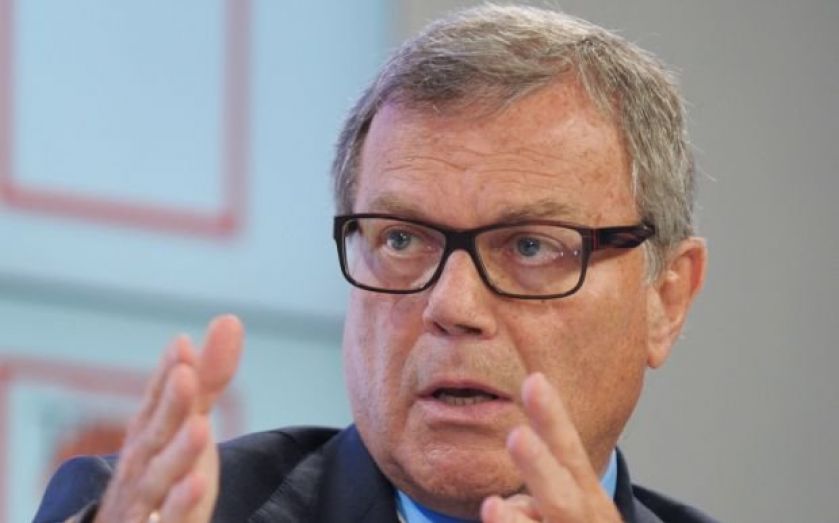Advertising giant WPP need not fret over black swans – Bottom Line

The sun, I hope, has finally made an appearance this morning, to remind us that – despite this week’s cold and wind and rain – we are still, technically, in summertime.
There have been several common themes to the summer months of 2014. A constant stream of miserable data about the Eurozone economy, is one. Everyone laughing at Manchester United – that’s another. And on an incomparably more depressing note, there are the horrific stories emerging from Ukraine, Gaza, Syria and Iraq.
Sir Martin Sorrell touched on the latter events yesterday as he reeled off an updated list of “black swans” – threats to global economic stability, in other words. His company’s results matched another trend of the summer months, too, becoming the latest firm to complain of bottom lines being “ravaged” by a strong pound.
But the thing about currencies is this: if you hold a strengthening one, then you’re getting richer. That’s what “strong” means. Too often people focus on the supposedly negative effects of a rising currency, forgetting that it is typically a mark of success.
And the UK’s brightening economic prospects are reflected in WPP’s own success, with growth on these rainy islands hitting 17.2 per cent.
Even more promisingly, the firm has pounced on the failed Publicis-Omnicom merger, boosting its dominance of modern revenue streams. It now expects nearly half (up to 45 per cent) of sales to come from “fast growth markets and new media” over the next five years.
WPP is a company facing the right way, able to adapt to a changing world of advertising while others are still harking to the days of Mad Men.
Yes, it could be knocked off course by any of the black swans that Sorrell lists, but no investor can predict how these events will pan out. Better to focus on the fundamentals, and WPP’s are looking good. Strong cashflow portends further acquisitions – on top of the 20 already made this year – and also some share buybacks.
Talking of shares, they rose yesterday, up 1.4 per cent, having famously tripled in value since early 2009. But the price is down over the past three months, making now a decent time to jump on board. This success story has further to run.